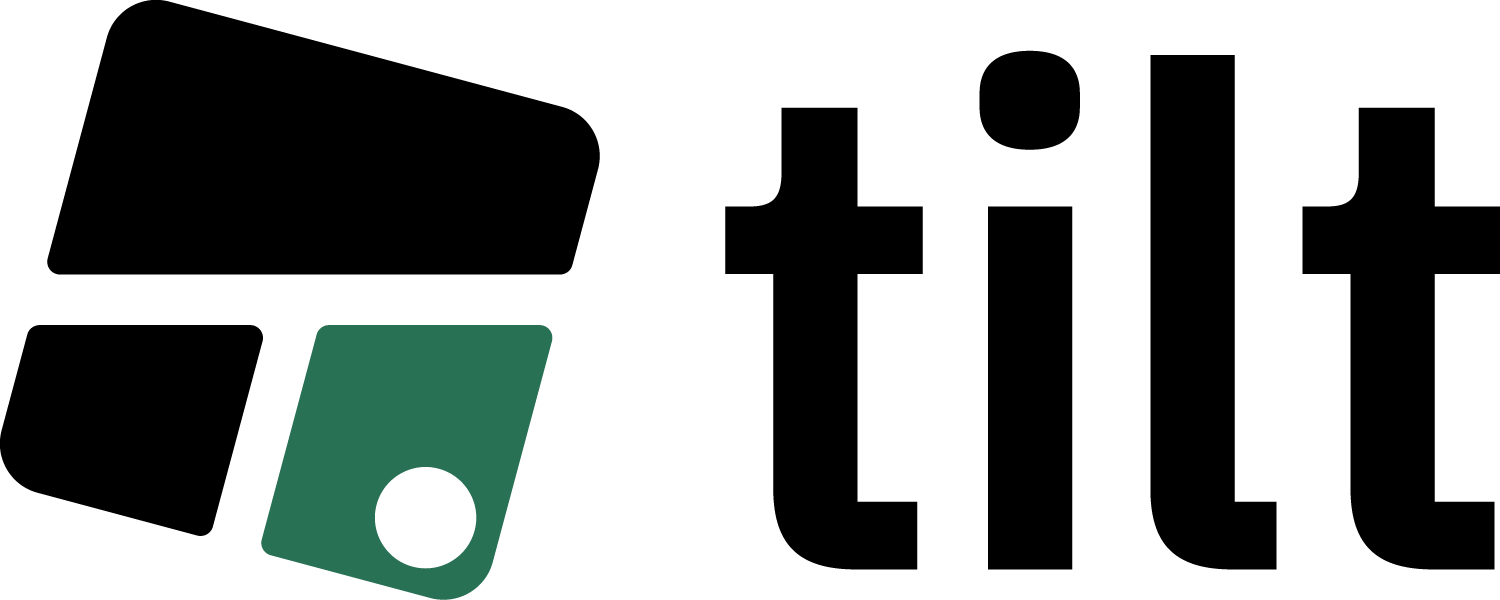Empower your SME clients and partners to achieve a net-zero future
Partner with us to support your Small and Medium Enterprise (SME) clients & partners in their journey towards a net-zero future. tilt provides straightforward data analytics, tools and expert insights to support SMEs in their environmental transformation.
Our Origins and Mission
Our mission is to equip financial institutions across the EU with the tools needed to support the transition of their SME clients towards sustainability, effectively and efficiently reaching net-zero targets by 2050. Our approach is simple, practical, transparent, rooted in science and driven by impact objectives.
We want to enable every SME in the EU to get the necessary funding and know-how to transform their businesses to succeed in a sustainable, net zero future by 2050. We're focused on making hot topics like ESG data, climate risk assessment and sustainability reporting, relevant, actionable and achievable for every SME & their partners.
Initiated by Theia Finance Labs – a non-profit think tank - and developed as part as a research project with European banks and co-funded by the European Union, tilt offers practical science-driven data analytics for financial institutions.
Our solution
Effective tools for putting Sustainability into Action tilt provides tools that are specifically designed to help financial institutions manage their SME portfolios towards sustainability:
01
Data integration
Our system automates data collection and analysis, allowing institutions to focus time and resources on strategy and client engagement.
We use a science-driven methodology to analyze SMEs' climate risks and impacts and pinpoint opportunities for taking effective climate action.
Climate analysis
02
Strategy Development
03
We deliver detailed reports that offer clear, actionable insights for developing and implementing sustainability strategies on client- and portfolio-level.
Supporting Financial Institutions
Our tools enable financial institutions to gain data-driven insights, generate climate reports about their clients, and advise them on sustainability improvement loans, making their support to SMEs in their green transformation more effective.
tilt and our partners.
Building a Community Around Sustainability with an SME-perspective
At tilt, community and collaboration are fundamental to our approach. We are dedicated to building and participating in communities that share our values of sustainability and transparent data usage. One of the key challenges is ensuring access to transparent, consistent and reliable data from SMEs, crucial for adhering to reporting standards such as VSME.
Why Collaboration Matters
We believe that the solution lies in creating platforms that facilitate the collection and infrastructure of this data. That's why we're actively involved in advisory groups like Perseus by IB1 and Net Zero Bankers in the UK and have partnered with Deloitte (see press release) to advance this vision. These collaborations are stepping stones towards a comprehensive data ecosystem that supports sustainable business practices across the board.
We are supported by…
Dieses Projekt wird aus Mitteln der Europäischen Union (Europäischer Sozialfonds Plus) und des Landes Berlin gefördert.
Join Us
We encourage financial institutions and other stakeholders to collaborate with us! Our goal is to facilitate a platform where SMEs can transparently and safely manage and share their data, promoting sustainable economic growth. Also if you're a startup or an organization that sees the future as we do—focused on building sustainable, data-driven platforms—we want to hear from you. Let’s tilt together.







